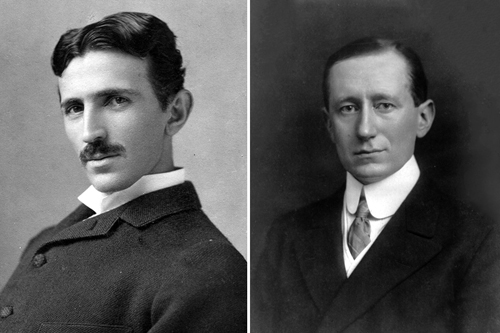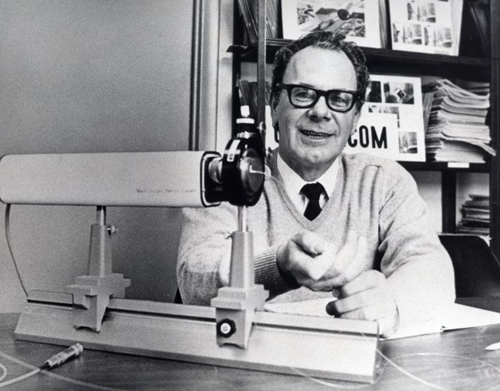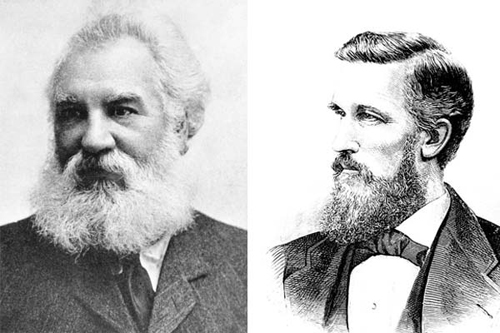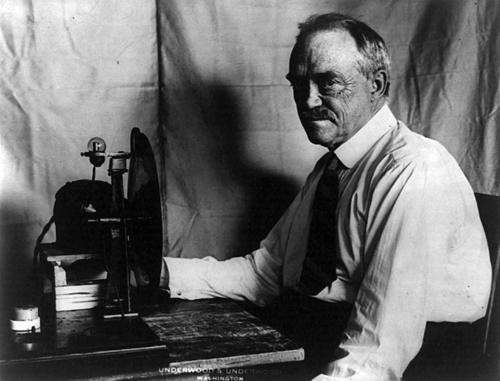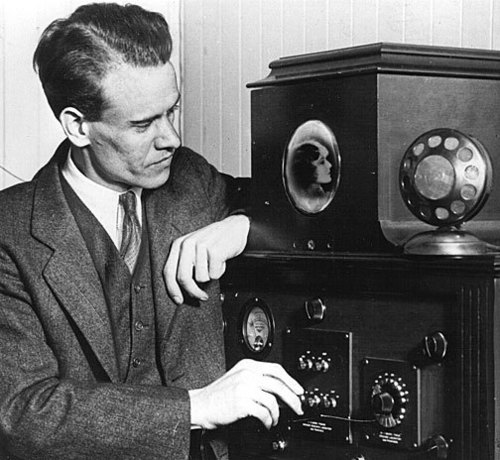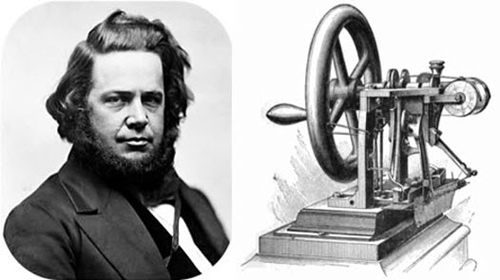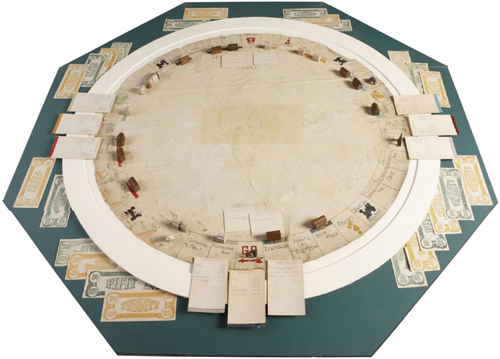- Oct 7, 2011
- 38,401
- 4,162
- 1,130
And don't count out O'Malley either. He'd have a very good chance of beating any Republican Candidate.
It is extremely unlikely that O'Malley will get the nomination. See for example this analysis.
We'll see. But regardless, the GOP needs to go with a Rubio/Fiorina Ticket. Anything other than that, will be perceived as just throwing more angry old greedy white dudes at us. They should take my advice and go with Rubio/Fiorina. Otherwise, they have no chance.


 Follow
Follow
